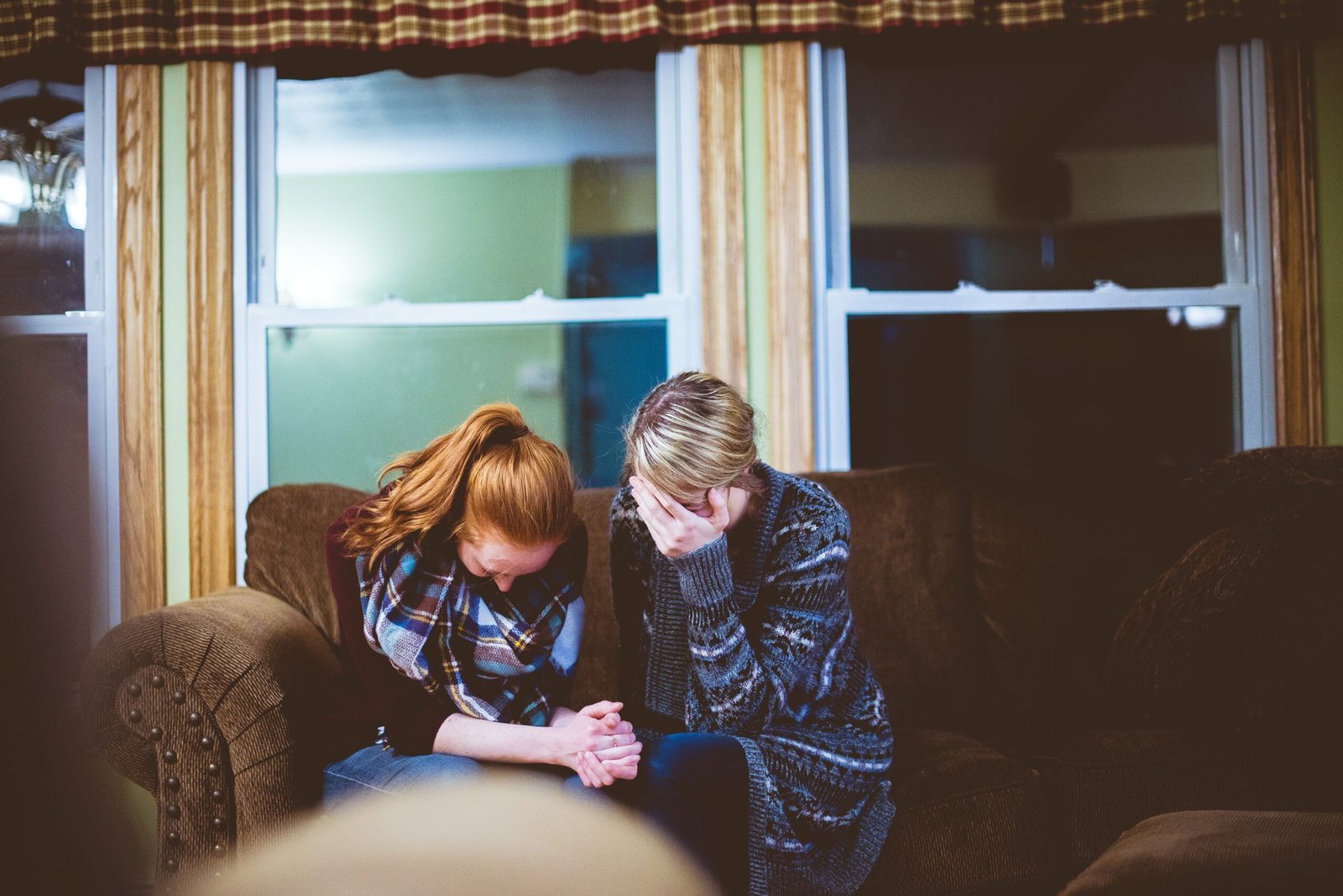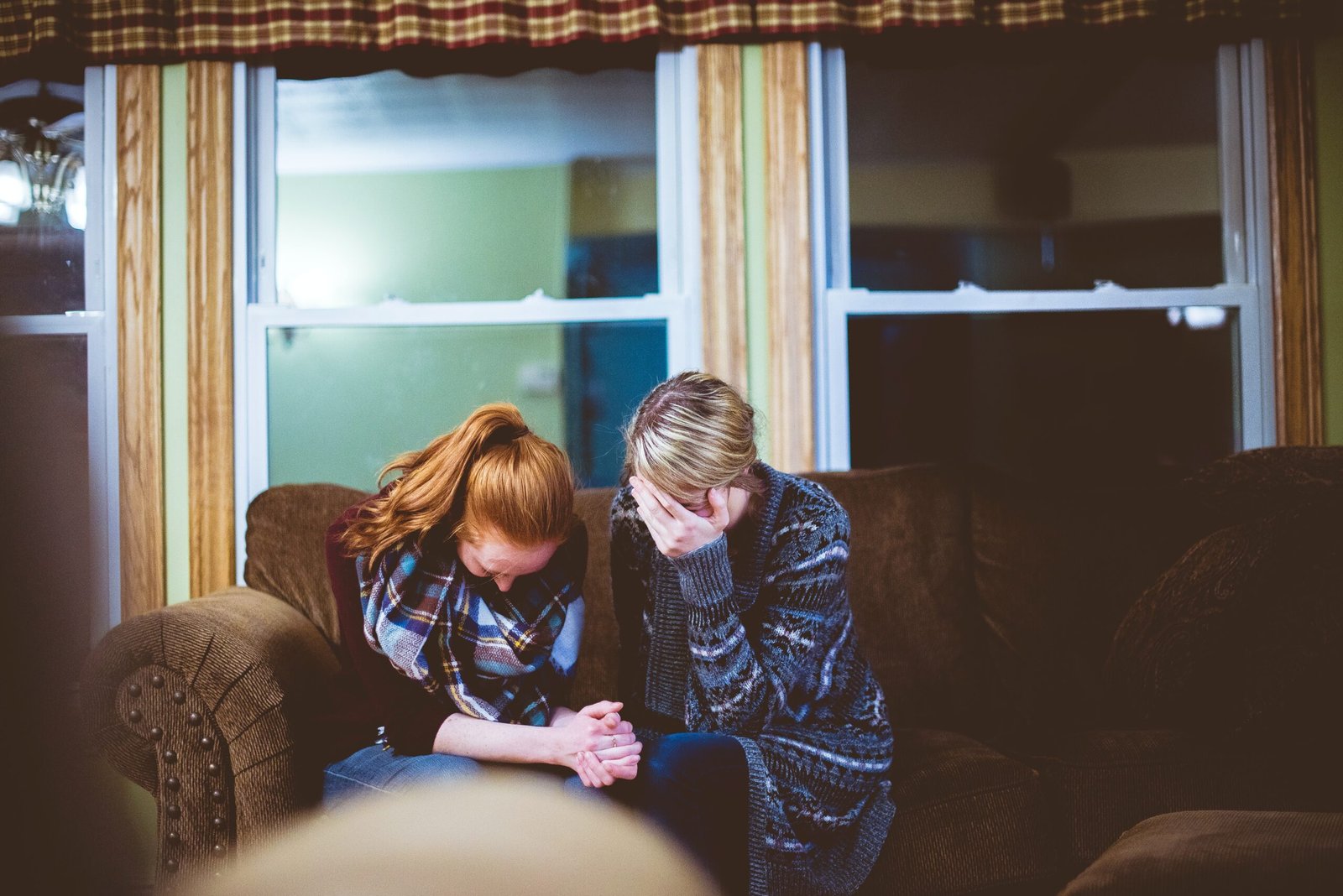Understanding Grief and Loss: Navigating the Journey Towards Healing
Grief and loss are universal experiences that touch every individual at some point in their lives. Whether it is the loss of a loved one, a job, a relationship, or a significant life change, the emotional impact can be overwhelming. In this blog post, we will explore the complexities of grief and loss, provide insights on how to cope with the grieving process, and offer guidance on finding healing and hope.
What is Grief?
Grief is a natural response to loss, encompassing a range of emotions such as sadness, anger, guilt, and confusion. It is a deeply personal experience that varies from person to person, influenced by cultural, social, and individual factors. While grief is often associated with the death of a loved one, it can also be triggered by other significant losses like a divorce, job loss, or a major life transition.
Grief is not a linear process with a set timeline. It is a journey that unfolds differently for each individual. Some may experience intense emotions immediately, while others may feel a delayed response. It is important to remember that there is no right or wrong way to grieve; everyone copes in their own unique way.
The Grieving Process
The grieving process is a complex and multifaceted journey. While it is different for everyone, there are commonly recognized stages of grief:
- Denial: Initially, it may be difficult to accept the reality of the loss. Denial acts as a protective mechanism, allowing individuals to gradually come to terms with their new reality.
- Anger: As the reality of the loss sets in, feelings of anger and resentment may arise. It is important to find healthy outlets for these emotions, such as talking to a trusted friend or seeking professional support.
- Bargaining: During this stage, individuals may try to negotiate or make deals in an attempt to reverse or delay the loss. It is a way of seeking control in an uncontrollable situation.
- Depression: Feelings of sadness, emptiness, and despair are common during this stage. It is important to reach out for support and not isolate oneself.
- Acceptance: This stage does not mean forgetting or moving on from the loss. It signifies reaching a point of understanding and finding a new normal.
It is important to note that these stages are not always experienced in a linear fashion. They can overlap, repeat, or be experienced in a different order. Each individual’s journey is unique.
Coping Strategies for Grief and Loss
While grief cannot be “fixed” or rushed, there are coping strategies that can help individuals navigate the journey towards healing:
- Seek Support: Reach out to trusted friends, family members, or support groups who can provide a listening ear and understanding. Professional counseling or therapy can also be beneficial.
- Take Care of Yourself: Grief can be physically and emotionally exhausting. Prioritize self-care by getting enough rest, eating well, and engaging in activities that bring you joy and comfort.
- Express Your Feelings: Find healthy outlets for your emotions, such as journaling, art, or music. Allow yourself to grieve and express your feelings without judgment.
- Practice Mindfulness: Engage in mindfulness techniques, such as deep breathing or meditation, to help you stay present and grounded during moments of overwhelming emotions.
- Embrace Rituals: Rituals can provide a sense of comfort and closure. Create personal rituals that honor the memory of your loss, such as lighting a candle or visiting a special place.
Latest News and Research on Grief and Loss
Understanding the latest developments and research in the field of grief and loss can provide valuable insights and support. Stay informed by following reputable sources, attending workshops or conferences, and engaging with online communities dedicated to grief and healing.
Recent studies have highlighted the importance of social support in the grieving process. Connecting with others who have experienced similar losses can help reduce feelings of isolation and provide a sense of belonging. Additionally, research has shown the benefits of integrating mindfulness and self-compassion practices into the healing journey.
Frequently Asked Questions (FAQs)
Q: How long does the grieving process last?
A: The grieving process is unique to each individual and can vary in duration. It is important to allow yourself the time and space to heal, without placing expectations or timelines on the process.
Q: Is it normal to still feel grief years after a loss?
A: Yes, it is normal to experience waves of grief even years after a loss. Grief is a lifelong journey, and anniversaries or significant life events can trigger emotions. It is important to be patient and kind to yourself during these moments.
Q: How can I support a friend or loved one who is grieving?
A: Offer a listening ear, validate their emotions, and provide practical support like cooking a meal or running errands. Avoid giving unsolicited advice or trying to “fix” their grief.
Q: Is it okay to seek professional help for grief?
A: Absolutely. Grief can be an overwhelming and complex experience. Seeking the guidance of a trained therapist or counselor can provide valuable support and tools for navigating the healing journey.
Tips for Finding Healing
Alongside the coping strategies mentioned earlier, here are some additional tips for finding healing:
- Be patient with yourself and allow yourself to grieve at your own pace.
- Practice self-compassion and avoid judgment of your emotions.
- Engage in activities that bring you joy and help you feel connected to life.
- Consider joining a grief support group to connect with others who understand your experience.
- Remember that healing is not about forgetting or moving on, but about finding ways to integrate the loss into your life.
Conclusion: Embracing Healing and Hope
Grief and loss are profound experiences that shape our lives. Navigating the journey towards healing requires patience, self-compassion, and support. By understanding the complexities of grief, embracing coping strategies, and seeking support, it is possible to find healing and hope.
Remember, you are not alone on this journey. Reach out to others, share your story, and together, we can navigate the path towards healing.
Call to Action: Share Your Story
We invite you to share your experiences with grief and loss in the comments below. Your story may provide solace and support to others who are on their own healing journey. Encourage others to share this blog post and spread awareness about the importance of understanding and supporting those who are grieving.









